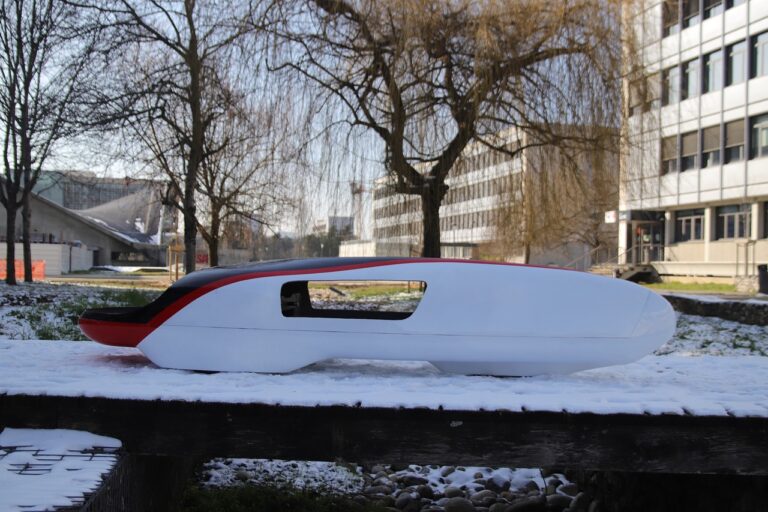The Impact of Electric Vehicles on the Car Battery Manufacturing Industry
diamond exch 999, play 99 exch login, reddybookclub:Electric vehicles (EVs) have been gaining popularity in recent years as more people are becoming conscious of their environmental impact and looking for sustainable transportation options. With this surge in EVs on the road, the car battery manufacturing industry has also been experiencing significant changes and challenges.
EVs are powered by lithium-ion batteries, which are larger and more complex than the traditional lead-acid batteries used in gasoline-powered cars. The demand for these batteries has been steadily increasing as more car manufacturers introduce electric models to their lineup. This has led to a boom in the car battery manufacturing industry, with companies investing heavily in expanding their production capacity to meet the growing needs of the market.
One of the biggest impacts of electric vehicles on the car battery manufacturing industry is the shift towards more advanced and sustainable battery technologies. As the demand for EVs continues to grow, car manufacturers are looking for ways to increase the range and performance of their vehicles. This has led to the development of new battery technologies, such as solid-state batteries, which offer higher energy density and faster charging times.
The increased demand for car batteries has also led to improvements in manufacturing processes and economies of scale. As more batteries are produced, the cost of production has decreased, making EVs more affordable for consumers. This has further accelerated the adoption of electric vehicles and put pressure on traditional car manufacturers to transition towards electrification.
Furthermore, the rise of EVs has created new opportunities for innovation and collaboration within the car battery manufacturing industry. Companies are investing in research and development to improve battery performance and efficiency, as well as exploring new materials and manufacturing techniques. This has led to partnerships between car manufacturers, battery suppliers, and technology companies to drive innovation in the EV sector.
Despite these advancements, the car battery manufacturing industry still faces challenges. One of the main issues is the limited availability of raw materials, such as lithium and cobalt, which are essential for the production of lithium-ion batteries. As the demand for these materials continues to increase, companies are looking for ways to secure a stable supply chain and reduce their reliance on limited resources.
Another challenge facing the industry is the recycling and disposal of used batteries. While lithium-ion batteries are more environmentally friendly than traditional lead-acid batteries, they still pose a risk to the environment if not properly recycled. Companies are investing in recycling technologies to recover valuable materials from used batteries and minimize waste.
In conclusion, the impact of electric vehicles on the car battery manufacturing industry has been significant. The growing demand for EVs has led to advancements in battery technologies, manufacturing processes, and collaboration within the industry. While there are challenges to overcome, the shift towards electrification is driving innovation and sustainability in the automotive sector.
FAQs
Q: Are electric vehicles more expensive to maintain than gasoline-powered cars?
A: In general, electric vehicles have lower maintenance costs than gasoline-powered cars. EVs have fewer moving parts and do not require regular oil changes, resulting in reduced maintenance expenses.
Q: How long do electric car batteries last?
A: The lifespan of an electric car battery can vary depending on factors such as driving habits, charging patterns, and environmental conditions. On average, most electric car batteries are designed to last between 8 to 10 years.
Q: Can electric car batteries be recycled?
A: Yes, electric car batteries can be recycled to recover valuable materials such as lithium, cobalt, and nickel. Recycling helps reduce waste and minimize the environmental impact of battery production.







